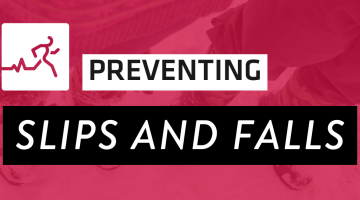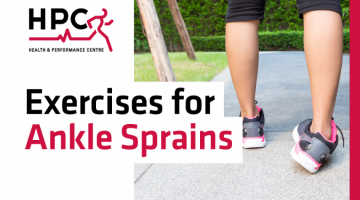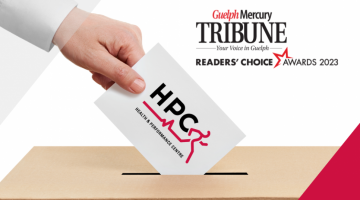Achilles Tendinopathy | Physiotherapy Guelph

The Achilles tendon is a very strong, fibrous cord that connects all the calf muscles to the calcaneus. It is crucial for jumping, running and walking.
Most common injuries with this tendon involve runners who suddenly increase their training and middle-aged individuals who play recreational sports. In these scenarios, individuals are placing too much tension on the tendon while jumping, sprinting, and falling. Achilles tendinopathy is an overuse of the Achilles tendon which also leads to an increased risk of rupture.
Signs and Symptoms of Achilles Tendinopathy
-
Pain in the back of the heel after running with pain increasing as the intensity level of the activity increases
-
Pain, tenderness, decreased range of motion, and swelling in the area where the Achilles attaches to the calcaneus
Signs and Symptoms of an Achilles Rupture
-
A very sharp and sudden pain accompanied by a popping noise
-
Feeling like you have been kicked in the calf
-
Unable to walk properly and plantarflex (toes flexed downward)
-
Heel becomes swollen and a gap exists where the tendon should normally be
Treatment for Achilles Tendinopathy and Ruptures
For temporary relief, you can use non-steroidal, anti-inflammatory drugs (NSAIDs) for Achilles tendinopathy. A practitioner may suggest using orthotics to elevate the heel in order to reduce the tension on the Achilles.
Your HPC physiotherapist in Guelph will suggest specific stretches and eccentric exercises along with rest, ice, compression, and elevation to minimize the pain and decrease the risk of rupture. In the case of rupture, younger individuals and athletes choose to repair the tendon via surgery while the older population opt for a non-surgical approach.
For the Achilles tendon surgery, a small incision is made, and the tendon is stitched back together. It also may be reinforced with other tendons. Although the surgery may make the tendon more resistant to re-rupture and reduce the recovery time, there is increased risk of infection and nerve damage.
Those who choose a non-surgical approach require rest and a boot with a heel wedge to keep the foot in a plantarflexed position. Although this path may result in longer rehabilitation of the injury, there are no risks involved.
To learn more about how our team of Guelph Physiotherapy practitioners at HPC can help you manage your heel pain and recover your from Achilles injury, book an appointment with us.
*About the HPC Student Volunteer Program*
Each year, approximately 30 University of Guelph students are selected following a competitive application process to take part in the “HPC Volunteer Program.” This program provides an opportunity for U of G student volunteers to translate their academic knowledge into practice, while gaining first-hand experience and mentorship from the team of certified physiotherapists and chiropractors at the University of Guelph’s Health and Performance Centre. As a result of this exceptional partnership between the University of Guelph and the HPC practitioners, students can gain valuable insight on evidence-based practice prior to graduating from their respective programs. Click here for more information on co-curricular experiential learning opportunities at the University of Guelph. This article was written by members of the 2021-22 HPC Student Volunteer Program.



